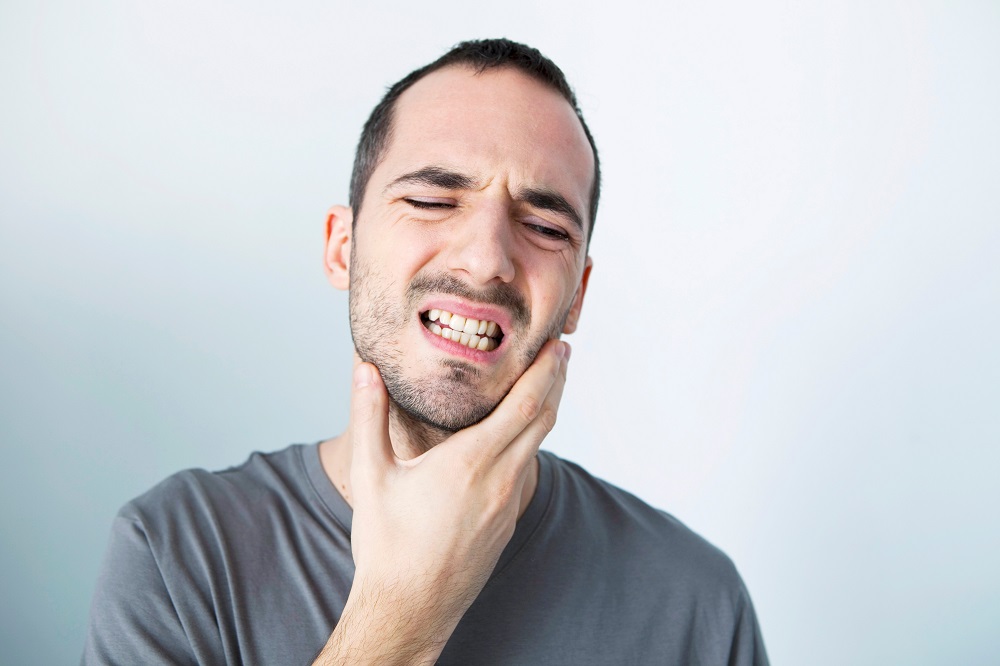The effects of teeth grinding, commonly known as bruxism, on oral health can be severe. Even though it’s normal to clench your teeth occasionally, persistent grinding can harm your teeth and cause sensations that last all day.
Because most people grind their teeth at night while they sleep, many are unaware that they do it. A painful jaw and headaches are bruxism symptoms. People may also claim to have heard you clench your teeth at night. There are a few remedies that can help, one of which is getting mouthguards near you. Read on how to avoid teeth grinding both day and night.
How to Stop Grinding Teeth?
Get a Mouthguard for the Night
Your teeth’s enamel can get thinner from constant grinding, which increases the risk of cavities. Fortunately, using a mouth guard while you sleep will keep your teeth safe. You can receive a bespoke mouthguard in Country Hills from our dentist, who will protect your teeth all night. An individually constructed night guard will be more comfortable than a store-bought, universal model that might not fit as tightly. One of the best strategies to stop teeth clenching and sleep bruxism is to wear a mouth guard every night.
Start Working Out
Add a couple of sweat sessions to your weekly schedule if you still need to exercise. Stress or anxiety frequently causes bruxism, which manifests as tooth grinding. You can relieve your tension by exercising.
Unwind Before Going to Bed
Before you go to bed, you must release all the tension in your jaw. To ease tension in your mouth, try calming stress-reduction strategies like one or more of the following:
- To relax your jaw muscles before bed, take a warm bath.
- Apply a warm, moist cloth or a heating pad to your jaw.
- To warm up your tongue, sip on some herbal tea without caffeine.
A Jaw Muscle Massage
In stressful situations, do you notice your jaw tensing up throughout the day? If so, take a moment to unwind and massage your jaw muscles. The tension that has accumulated over the day will be relieved by rubbing.
Pay More Attention to Your Clenching
You might not be aware that you are grinding your teeth all day. Several times a day, engage in mindfulness exercises to promote relaxation and anxiety release. You’ll start to become aware of particular circumstances or times of day when your teeth grinding becomes more noticeable. When you see it happening, put your jaw down and let it hang for a second to stop it. Try to keep a more relaxed jaw position after a gentle movement.
Side Effects
Although teeth-grinding may cause brief discomfort, it can cause some serious, apparent harmful effects. Allowing your bruxism to persist may result in additional conditions in a few months or years, making it necessary to get advice from a dentist near you. Here are a few problems caused by bruxism that you could encounter.
- Jaw muscles that are fatigued: Your jaw muscles will become more fatigued the more you clench your teeth. If you clench or grind your teeth, you may feel tired in your jaw throughout the day.
- Headaches: The continual stress brought on by bruxism can induce headaches that begin in the temples and move outward.
- Damage to the inside of the cheeks: Constant teeth grinding can also cause this. Your cheek tissues could be damaged, which would cause pain and possibly some blood.
- Sleep disruption: In some situations, the severity of your bruxism can wake you up at night or make your sleep uncomfortable. It’s possible that you’ll wake up frequently at night or that you’ll feel more exhausted in the morning.
Visit Our Dental Clinic Today!
Talk to our dentists in Country Hills to determine the best oral health and wellness solution. Remember that symptoms of tooth grinding can be alleviated by using relaxation techniques and the home treatments suggested above. If the form or structure of your jaw is the reason behind your bruxism, you should schedule a visit with our NorthPointe Dental Clinic.
See you soon!
